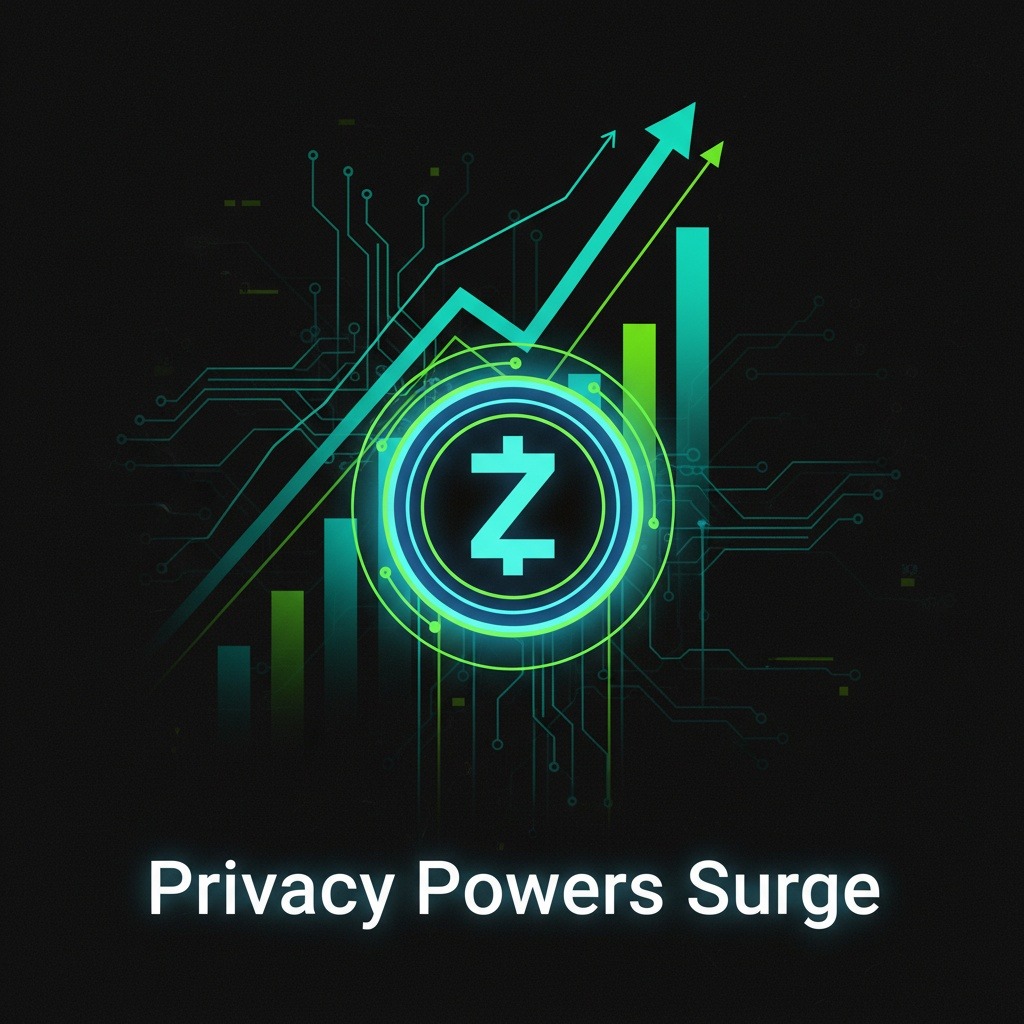Zcash (ZEC), the privacy-centric cryptocurrency, has experienced an exceptional price surge in recent weeks, skyrocketing more than 150% within the last seven days and over 250% in the past month. Recent data from price tracking platform CoinGecko reveals that ZEC has reached a price point exceeding $150, a milestone that has not been seen since April 2022, marking it as the standout performer among the top 100 cryptocurrencies.
In just the past 24 hours alone, ZEC’s value surged by over 67%. This impressive rally has attracted significant attention from both investors and developers keen to highlight the critical role of privacy in the evolving cryptocurrency landscape. Mert Mumtaz, co-founder of Helius, a Solana infrastructure firm, expressed his firm belief on X that Zcash is still “extremely undervalued” compared to other privacy-focused cryptocurrencies like Monero (XMR). Mumtaz argues that ZEC boasts a more robust privacy and scalability design, which could be pivotal in the increasingly crowded crypto market.
With the rise of central bank digital currencies (CBDCs) and institutional blockchains, the demand for private transactions is anticipated to grow. Mumtaz emphasized, “A world where crypto succeeds but privacy doesn’t is a dystopian nightmare — we have no choice.”
Major players in crypto investment, such as Grayscale, have also taken notice of Zcash’s resurgence. Grayscale highlighted ZEC’s foundational link to Bitcoin, claiming that it leverages privacy technology to allow users to shield their assets effectively. This positions Zcash as more closely related to Bitcoin than many other altcoins on the market.
Notably, venture capitalist Naval Ravikant, known for his insights into investment strategies, stated, “Bitcoin is insurance against fiat. Zcash is insurance against Bitcoin.” This perspective underscores the dual nature of value preservation provided by each cryptocurrency, with Bitcoin serving to protect against fiat currency devaluation, while Zcash offers a layer of anonymity for its users.
In light of the recent interest, decentralized perpetual futures exchange Hyperliquid announced they have incorporated ZEC support for perpetual contracts, allowing users to engage in trading with leverage of up to 5x—signifying Zcash’s growing usability in the trading ecosystem.
However, not everyone in the industry is convinced that legacy privacy coins like Zcash and Monero can sustain or expand their relevance. Simon Dedic, managing partner at crypto venture capital firm Moonrock Capital, noted that past iterations of privacy-centric projects have faltered due to overly ambitious frameworks and inferior technology. Although he recognizes an increasing necessity for privacy, he suggests that newer innovations may hold greater potential.
Despite the positive trends, Zcash is not without its challenges. Current mining activities show a troubling concentration, with the mining pool ViaBTC reportedly controlling a staggering 72% of ZEC’s hash rate, which raises concerns about centralization in the mining process. Furthermore, a 2020 study by Carnegie Mellon University found that more than 99% of ZEC transactions occur in an open, non-shielded manner, contrasting sharply with Monero’s reputation for strict privacy measures, which researchers have referred to as “effectively untraceable.”
As the dynamics of the cryptocurrency market continue to evolve, Zeds’s recent performance and the ongoing discussions surrounding privacy could signal notable changes in how privacy features are prioritized and developed within the sector.



